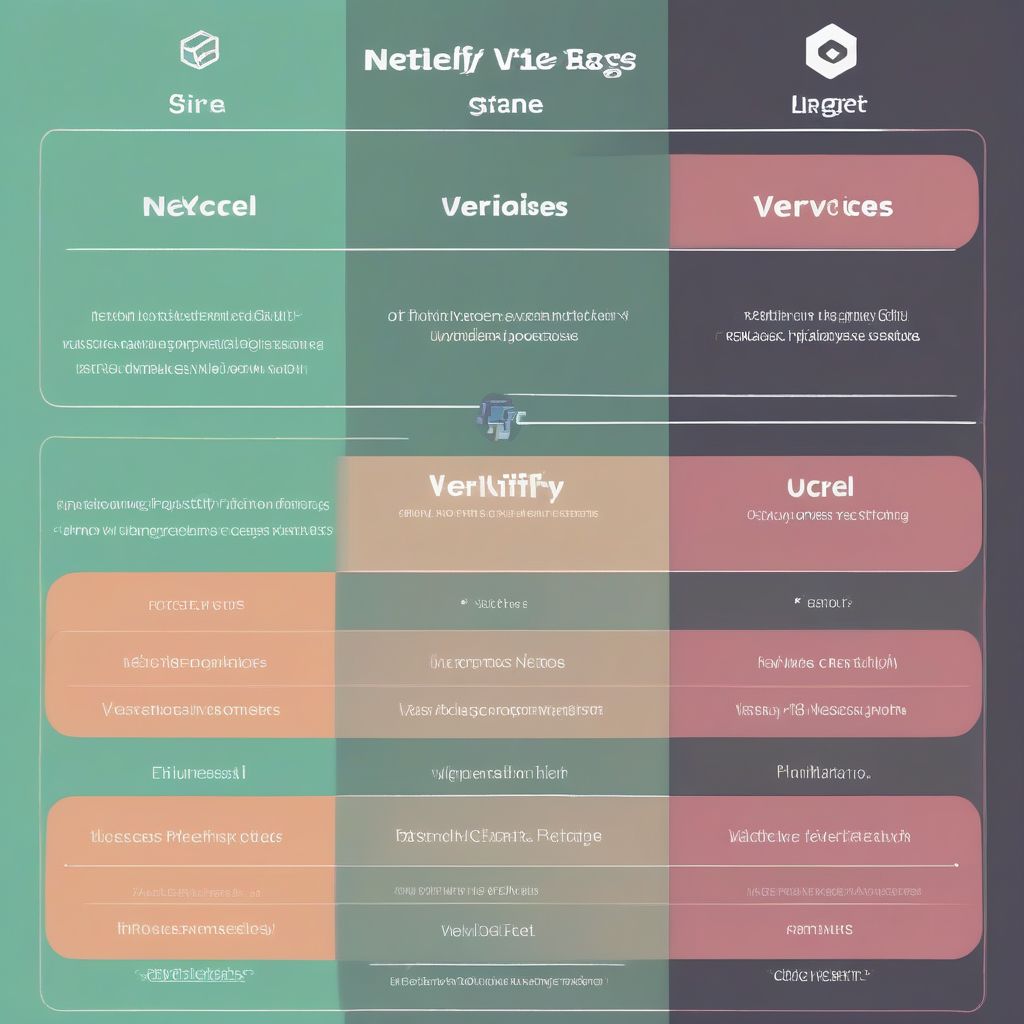
In today’s digital age, having a website is no longer optional – it’s essential for businesses and individuals alike. Whether you’re showcasing your brand, selling products, or sharing your thoughts with the world, your website acts as your virtual storefront. But behind every successful website lies a crucial element: Web Site Hosting Services.
What are Web Site Hosting Services?
Imagine you’ve built a beautiful house (your website), but you need a piece of land to put it on so people can visit. That’s essentially what web hosting does. It provides the space on a powerful computer called a server where all your website’s files and data reside, making them accessible to visitors 24/7.
Why are Web Hosting Services So Important?
Choosing the right web hosting service is paramount for several reasons:
- Accessibility: Your website needs to be online 24/7 for anyone, anywhere in the world to access it. Hosting services ensure this constant uptime.
- Speed and Performance: Slow-loading websites frustrate visitors and can hurt your search engine rankings. Quality hosting impacts how quickly your site loads.
- Security: Protecting your website’s data and your visitors’ information is crucial. Reliable hosting providers offer security measures to prevent cyber threats.
- Support: Technical glitches happen. A good hosting company will provide you with 24/7 customer support to help you troubleshoot issues.
Types of Web Site Hosting Services
Navigating the world of web hosting can feel like entering a maze of options. Let’s break down some of the most common types:
1. Shared Hosting:
This is the most budget-friendly option where multiple websites share the resources of a single server. Think of it like sharing an apartment building – it’s affordable, but you might experience some slowdowns if a neighbor uses a lot of resources.
2. VPS Hosting (Virtual Private Server):
VPS hosting offers a dedicated portion of a server’s resources for your website. This means better performance and more control compared to shared hosting, ideal for websites with moderate traffic.
3. Cloud Hosting:
Cloud hosting distributes your website across multiple servers, ensuring greater reliability and scalability. If one server experiences issues, your site remains online thanks to the other servers in the cloud.
4. Dedicated Hosting:
As the name suggests, dedicated hosting provides an entire server exclusively for your website. This is the most expensive option but offers the highest performance, security, and control – perfect for high-traffic websites or those with specific technical requirements.
Choosing the Right Web Hosting Service: Key Factors to Consider
With so many options available, selecting the right hosting service can seem overwhelming. Here are key factors to guide your decision:
1. Traffic: Estimate the number of visitors you expect on your website. Shared hosting might suffice for low-traffic sites, while higher-traffic websites will need more robust options like VPS or cloud hosting.
2. Storage: Consider the amount of storage space you’ll need for your website’s files, images, and databases.
3. Bandwidth: Bandwidth refers to the amount of data that can be transferred between your website and visitors’ devices. Higher bandwidth is crucial for websites with large files or heavy traffic.
4. Security Features: Look for hosting providers offering SSL certificates, firewalls, malware scanning, and regular backups to safeguard your website.
5. Customer Support: Choose a provider with responsive and knowledgeable customer support available 24/7 via phone, email, or live chat.
racinghd.net/wp-content/uploads/2024/08/Server room-66c5ac.jpg" alt="Tech infrastructure" width="1024" height="1024">Tech infrastructure
The Future of Web Hosting: Trends to Watch
The web hosting landscape is constantly evolving. Here are some exciting trends shaping the future:
- Increased Focus on Green Hosting: As environmental concerns grow, hosting providers are adopting eco-friendly practices like using renewable energy and optimizing energy efficiency.
- Edge Computing: This technology brings data processing and content delivery closer to users, resulting in even faster website loading speeds and improved performance.
- Serverless Architecture: Serverless computing allows developers to build and run applications without managing servers, simplifying website management and reducing costs.
Conclusion
Choosing the right web site hosting service is fundamental to your online success. By understanding the different types of hosting, key factors to consider, and emerging trends, you can make an informed decision that sets your website up for optimal performance, security, and growth. Remember, your website is an investment, and selecting the right hosting provider is a crucial step in maximizing its potential.

